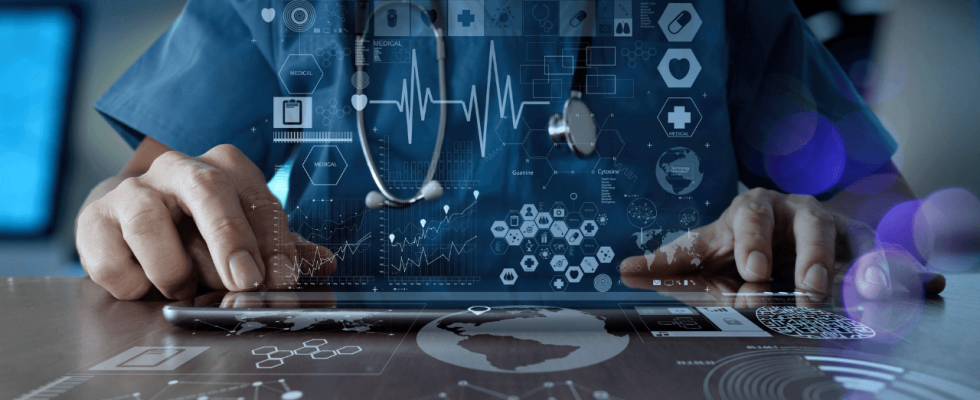Artificial intelligence (AI) has proven itself as a transformative force across various sectors, driving innovation and reshaping how we interact with technology. Its effects are particularly pronounced in the worlds of gaming and healthcare. Gaming enthusiasts are increasingly drawn to AI-powered platforms, seeking a more dynamic, immersive experience. Remarkably, the same AI technology revolutionizing gaming is also forging a new path in the medical industry.
In online gaming, AI has completely changed the landscape. It has imbued games with more realism, intelligence, and adaptability. Players tend to favor platforms that integrate AI when looking to play online. These platforms offer a more personalized, engaging, and realistic gaming experience surpassing traditional programming methods.
However, the influence of AI extends well beyond the sphere of gaming. Just as it has done in the gaming industry, AI is making waves in healthcare, initiating a paradigm shift in patient care and treatment methodologies. AI is enhancing healthcare capabilities like never before by leveraging its capacity to sift through massive amounts of medical data, design effective treatment plans, and predict potential patient outcomes.
Predictive Medicine: Forecasting Health
The adoption of AI in healthcare goes beyond diagnostics and treatment, venturing into the realm of prediction. Much like an online game, AI predicts a player’s next move based on past performance; AI in healthcare forecasts potential health risks before they become critical. For example, AI can use data from wearable devices to identify patterns indicative of future cardiac events. Such technology can alert users to potential health threats in real time, enabling them to seek medical attention before a situation becomes critical.
Moreover, AI predictive models are used in population health management to anticipate public health risks. These AI models can forecast potential outbreaks by processing large-scale public health data.
Robot-Assisted Surgery: Precision Meets Technology
In addition to predicting health issues, AI is refining how medical procedures are performed. Just as gamers enjoy precision and control with AI-enhanced gameplay, robot-assisted surgeries enable physicians to operate with unprecedented accuracy. Through these technological advancements, surgical outcomes are improving, and patient recovery times are decreasing.
Telemedicine: AI’s Gift to Remote Care
As the world becomes more digital, AI is shaping the rise of telemedicine. This development mirrors the shift in gaming, where online platforms have made games accessible to players worldwide. Similarly, AI-powered telemedicine allows patients to access medical services from the comfort of their homes, transforming healthcare into a more inclusive and accessible field.
Revolutionizing Prosthetics with AI
Artificial intelligence is being used to transform prosthetics in a real-life application that seems straight out of a sci-fi story. Companies like Open Bionics have developed AI-powered prosthetic hands that can grip and move like a natural hand.
The AI integrated into the prosthetic learns from the user’s muscle movements, enabling them to respond accurately to their commands. The result is a significant improvement in the user’s ability to perform everyday tasks, improving their quality of life and independence.
Final Thoughts
AI is at the forefront of healthcare innovation, from predicting diseases to facilitating remote care. This accelerating transformation mirrors the gaming world’s embrace of AI – and it’s just the beginning. The day may not be far when AI becomes as integral to healthcare as it is to the gaming industry today. As we step into this brave new world, the potential of AI to revolutionize healthcare is clear – game on.
